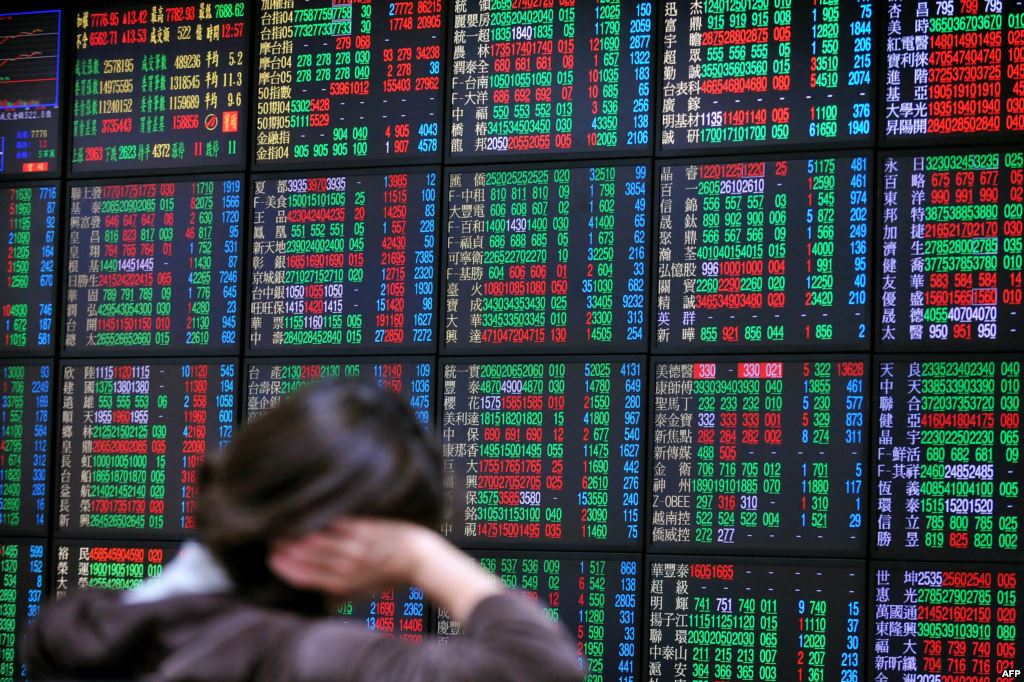The Institute of Chartered Accountants in England and Wales (ICAEW) has warned that the current rising capital inflows to stock markets in Southeast Asian nations may be unsustainable.
“Such growth rates are unsustainable and they may be seen as evidence of a bubble,” ICAEW said in its latest report, called “South East Asia Economic Insight Q2/2013”.
Stock markets in countries under the Association of Southeast Asian Nations (ASEAN) “have ridden the wave of capital flowing in”, in which many countries have “achieved strong compound annual growth rates since 2003 – Indonesia (28.6 percent), the Philippines (20.7 percent), Thailand (15.8 percent) and Vietnam (12.9 percent)”.
“Though rising less quickly than the others, stock markets in Singapore, with 10.1 percent, and Malaysia, with 10.2 percent, still easily outpaced the 4.5 percent compound annual growth rate of Japan (Nikkei 250) or the 4.8 percent of Europe (FTSE Eurofirst 300) or the US’s S&P 500’s 6.3 percent,” it said.
“As well as gaining investment grade public debt ratings over the past year, Indonesia and the Philippines have become stock investors’ darlings, pushing stocks up 19.9 percent in the former and 34.1 percent in the latter in the 12 months to March 2013.”
ICAEW pointed out that “the malaise of industrialized economies since the financial crisis [in 2008], combined with low interest rates on offer, has increased the attractiveness of emerging market equities, making them a major beneficiary of investment inflows.”
“Country fundamentals and corporate earnings prospects determined by these are the main driver of stock prices, but low earnings prospects and unattractive fixed income alternatives in industrialized countries are likely to have pushed up ASEAN asset prices.”
However, according to Mark Billington, ICAEW regional director in Southeast Asia, regional debt levels remain manageable with growth conditions remaining stable. The current debt level is only about half of what it was at the peak of the Asian economic crisis in 1997.
According to Billington, this is a good sign, but can also be misleading if credit growth continues to grow faster than the current nominal GDP growth rate.
Growth prospects for Vietnam, in particular, and Southeast Asia, in general, are still healthy.
owever, caution is needed to ensure that credit growth and capital flows are properly used in laying the foundation for sustainable development in the future, and not for projects that can cause future asset bubbles.
Riding the trend
Foreign investors, attracted by ASEAN’s cheapest valuations and government efforts to bolster economic growth, have reportedly bought the most Vietnamese stocks in the last five years, according to Bloomberg.
As of May 29, a net $253 million worth of Vietnamese stocks were bought by overseas funds, the biggest stock purchase so far since 2008. Those funds are betting on growing corporate profits for the first time since 2010, as inflation has stayed low for three months in a row and the lending rate has begun to fall.
More equity trading accounts were opened by foreign investors in January- April than ever before, according to the Vietnam Securities Depository, which offers trading support services. As of April 30, 16,238 foreigners were granted Vietnam stock trading accounts, compared with 16,001 in 2012.
Vietnam’s benchmark indicator of the VN-Index of Ho Chi Minh Stock Exchange (HoSE) has gained 25 percent so far this year, helping it become one of ASEAN’s best-performing indexes, according to Bloomberg.
The rise may have been triggered by the central bank’s eighth interest rate slash since 2012, and the Government giving the green light for the establishment of the state-run Vietnam Asset Management Co next month to buy up bad debt in the local banking system to unfreeze capital flows which are hampering growth.
|
The VIC share of Vingroup Joint Stock Co has become one of the main pillars for the rally of the VN-Index of HoSE in recent trading sessions after the announcement that Warburg Pincus had bought a 20 percent stake in the firm. By the end of last Wednesday’s trading session, the share reached the ceiling at VND71,500 per share, up VND4,500 per share, or 6.7 percent, day on day after slipping below the reference price of VND65,000 in the morning session. The rise took root in the announcement that Warburg Pincus had bought a 20 percent stake in the firm. 848,370 VIC shares worth some VND92 billion had changed hands by the end of the session, the highest volume of VIC shares traded in a single session since December 22, 2011. Some 511,000 more VIC shares were traded under the negotiation method at VND65,000 per share. The sudden rise of VIC helped lift the VN30-Index of the HoSE to 579.33 points, though 14 out of 30 shares in the group saw prices decline. But the VN-Index dropped 1.24 points to 515.09 points by the end of the day. On Thursday’s morning session, VIC shares rose VND2,000 to VND73,500 per share, pushing the VN30-Index up slightly. |


















































